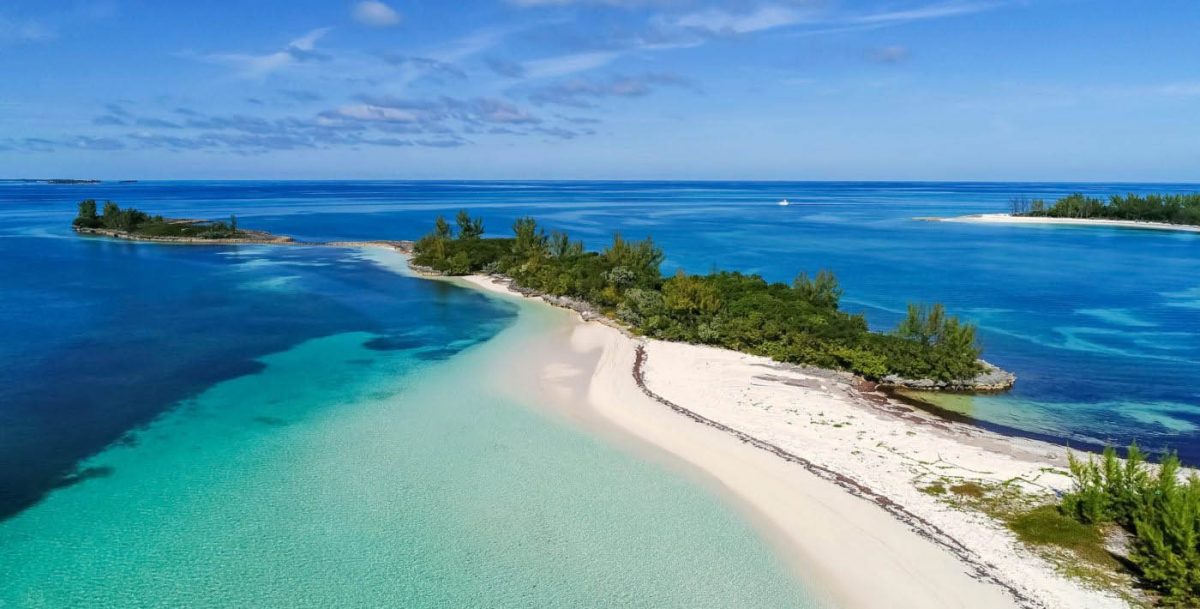Even as two Caribbean Community (CARICOM) member states – Guyana and Suriname – wait to reap the returns of their new-found oil and gas deposits, another member country, The Bahamas, continues to face a resolute environmental pushback from pressure groups that insist that the waters that have long been a major contributing factor to the country’s world-class tour-ism industry should not be despoiled by continued oil searches and perhaps, eventually, oil recovery.
What continues to be a vigorous lobby, however, did not prevent the Baha-mas Petroleum Company (BPC) from undertaking the drilling of an explo-ratory well between December last year and February this year though it transpires that the pursuit has failed to turn up commercially viable reserves.
The disappointment appears, for the time being at least, to have cooled the BPC’s ardour amidst the rising decibel level of the call by activists for the oil hunt to be brought to an end, permanently. BPC, however, has, up until now, given no definitive signal that it has called off its oil hunt. The latest word from the company is that it will focus its interest on the surer grounds of Trinidad and Tobago and Suriname where the heavy hitters in the global oil industry including Exxon Mobil and Total have already established a bridgehead.
If any further attempts by BPC to find what are believed to be significant volumes of oil offshore The Bahamas would, for the time being at least, appeared to have been placed in ‘cold storage,’ the COVID-19-driven decline of the tourism industry in the region, not least in The Bahamas, is probably likely to strengthen the hand of those Bahamians who are supporting a continued oil probe.
BPC’s initial bid to drill offshore The Bahamas near the Florida Coast hit a wall after its exploratory well failed to find commercially viable reserves. The bid having failed and the environmental lobbyists having seemingly ‘hit their straps’, any continued attempts at drilling are now likely to face an even more robust pushback from the environmentalists in both The Bahamas and the United States, on the grounds that the drilling will threaten, among other things, the marine ecosystem.
Over a period of more than ten years BPC has reportedly sunk more than US$110 million into the oil exploration project, though it was only last year that the Bahamian government granted the company environmental authorisation to proceed with its exploratory drilling. The official green light was followed by vigorous opposition from environmental groups reportedly triggered by a coalition of local and international non-governmental organisations (NGO’s) named Our Islands, Our Future (OIOF). The coalition took the step of moving to the courts over the granting of the permits in what it claimed was a non-transparent manner and hearings in the matter are ongoing though it remains unclear whether the case will go to trial.
BPC also reportedly faces pressure from the Bahamas Reef Environ-ment and Educational Foundation which has stated that recent drilling undertaken by the entity caused damage to the sea floor and posed a threat to the Bahamian waters and its economy. An official of the Foundation has called for “a full moratorium” on oil exploration and extraction in Bahamian waters.
BPC often appears torn between not wanting to be perceived as an environmental pariah, on the one hand, and having to give up what, up until now, has been an enormous investment in oil reserves believed to be in the region of between 770 million and 1.44 billion barrels of oil. For now at least the company has reportedly gone on record as saying that the well having reached a depth of 3,900 meters, drilling has now ceased and the well will be plugged.
In a region whose stifled economies have traditionally been almost completely dependent on oil imports, Guyana’s 2015 Exxon Mobil-driven oil discovery triggered an oil exploration rush to the region by the global big-name companies and in the instances of Guyana and Suriname, particularly, triggered predictions of likely economic transformation which, up to just over a decade ago were considered by analysts as fanciful, to say the least.
Guyana’s neighbour to the east, Suriname, meanwhile, is currently basking in the good fortune of at least four huge oil finds in recent years.
Up until now the relatively recent oil finds in the Caribbean and the push to accelerate recovery have failed to trigger any major environmental pushback from within the region, so intense has been the hype associated with the transformational role which oil can play in the economies of the region.
Much of the anti-oil sentiment in The Bahamas has been spurred by the country’s tourism sector which accounts for approximately 60% of its earnings.






